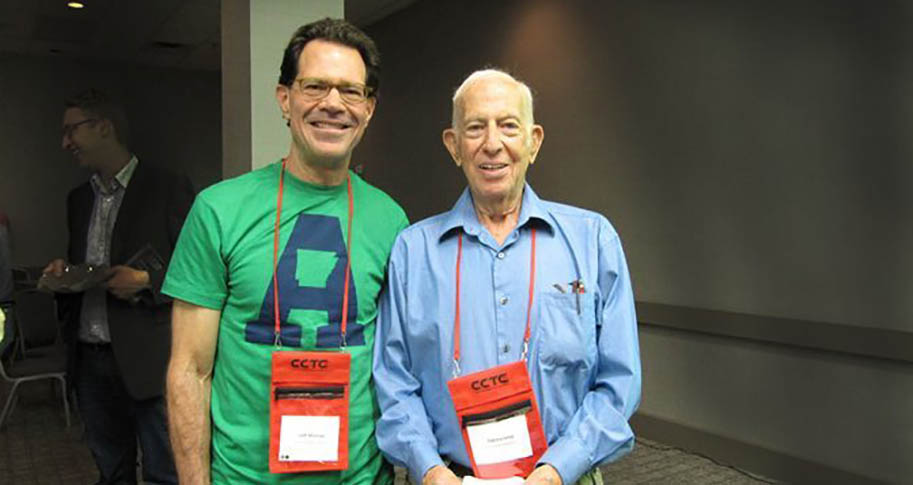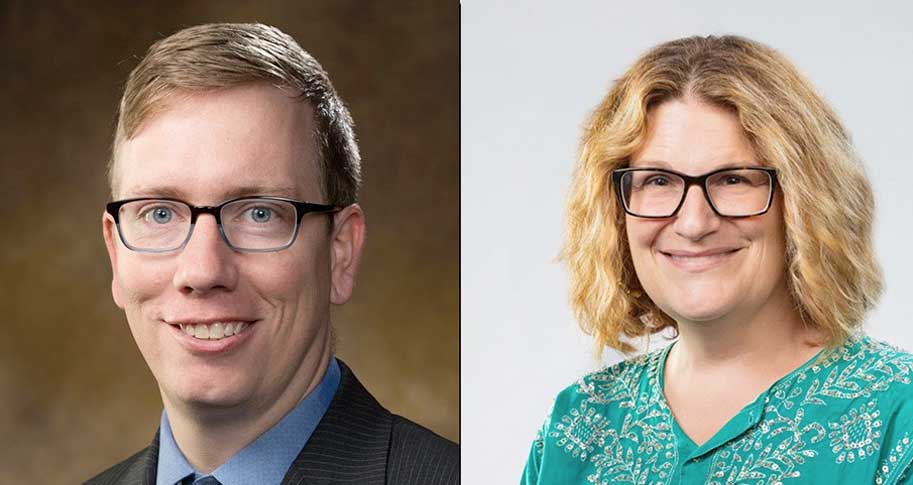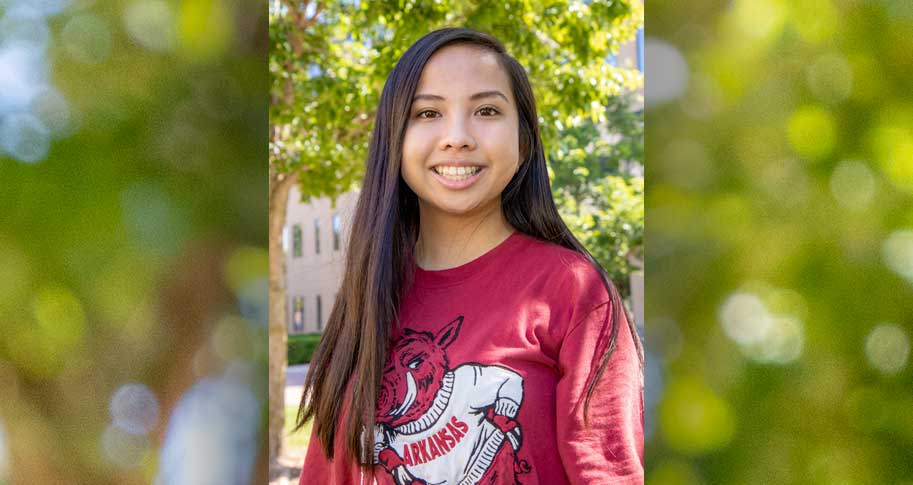
As Sidney J. Levy walked to the podium, the excitement built. At 94, Levy didn’t show any sign of slowing down or resting on his laurels, achievements or research. One participant quietly boasted of a previous time he heard Levy speak. Most smiled, stood up and began to clap as Levy took the stage.

Levy, who chairs the marketing department at the Eller School of Business at the University of Arizona, served as the keynote speaker for the 2015 CCT Conference held June 18–21 in Fayetteville. The marketing professor, a major contributor to the Consumer Culture Theory movement, captivated the audience with stories of how that movement came to be.
“This is a very special and innovative international group which Jeff Murray, the department chair, helped to facilitate,” said Jon Shapiro, marketing professor from Northeastern State University, Broken Arrow, Okla., and adjunct instructor at the Sam M. Walton College of Business. “Having it at the University of Arkansas brings great visibility to both the U of A and to Fayetteville.”
The conference was attended by 210 academics from 22 countries. While many marketing organizations focus on the economic value of the consumer spending, the Consumer Culture Theory also examines the psychological, sociological, biological and anthropological aspects of consumer spending. These educators search for the why in purchasing – focusing on the consumer’s wants and needs.
The Why
Levy defined culture as the way people relate to the things of nature and how they make and use objects, language and customs. Marketing as a field of study began to flourish in the early 1900s, and interest in consumers began around World War II. In the 1950s and 1960s, marketing research began, with collections of consumer behavior research taking place in the late 1960s.
From these milestones and various marketing organizations, the Consumer Culture Theory was born.
Researchers coupled data analysis and qualitative and motivational research with interpretation to discover a more sophisticated understanding of the consumer. Business quickly embraced this type of research.
Throughout his life, Levy used his experiences to observe the actions of people. Working in retail as a young man, he observed consumers purchasing. In factories, he watched producers. In office environments, he learned about management and white collar consumption. He saw class differences in consumer behavior and the affect of aesthetics in retail.
“People buy things for what they can do, but also for what it means,” Levy said.
For many, products represent a social status. These are symbols for sale.
“It’s everywhere.”
About Sidney J. Levy
Since 1997, Sidney Levy has served as the chair of the marketing department at the Eller College Management at the University of Arizona, and is the Coca-Cola Distinguished Professor of Marketing. Previously, he taught at the Kellogg School of Management at Northwestern University from 1961 through 1997, serving as chair of the marketing department from 1980 to 1993.
Levy is best know for his work in marketing and consumer behavior, brand image, symbolism, cultural meaning in marketing and his many contributions to the CCT movement.
About Consumer Culture Theory Consortium Inc.
The CCT Consortium is a registered non-profit marketing organization with members hailing from around the globe. CCT conferences allow for collaboration between consumer culture theorists. Last year’s conference was held in Helsinki, Finland. The 2016 conference is planned for Lille, France.
(Top Photo) Jeff Murray, chair of the Department of Marketing at the Sam M. Walton College of Business, and at-large member of the CCT Consortium, welcomes Sid Levy, keynote speaker at the CCT Conference. Murray served as co-host of the conference and was instrumental in bringing the international conference to North America and, more specifically, to Northwest Arkansas.




